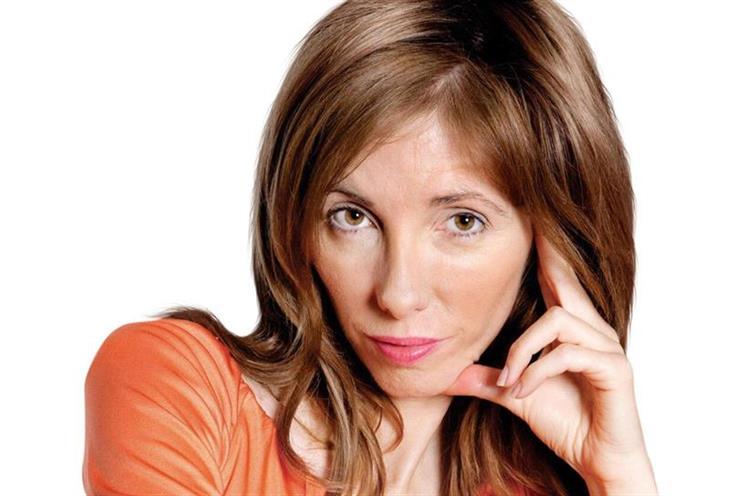As I write this, Mars’ brave work for Maltesers using disabled actors and themes hasn’t even aired on TV yet, but I’ve already had someone email me to complain that the ads are not diverse enough. "Not enough men in them," they whined.
I think it was a joke. But it does highlight that some people will look for faults even when (or perhaps exactly because) the original intentions are of the very best. Once the ads have been unleashed on the public, there will certainly be a whole panoply of reactions, and not all of them will be positive.
The Maltesers work, by Abbott Mead Vickers BBDO, was created in response to a competition from Channel 4 to normalise the portrayal of disabled people in ads. Diversity has become a fashionably hot topic in our industry with regard to gender or sexuality, but we’re lagging on the subject of disability. Still, Channel 4 deserves very real credit for inspiring advertising creatives and marketers here. The broadcaster’s superb "superhumans" commercials have done so much to erase taboos and there’s been a noticeable increase in the casting of disabled actors in ads over the past few years. Most importantly, often the actors have not been cast because disability is a theme of the script but just because, well, some of us are disabled. More of this, please.
But while we’re inching (far too slowly, of course) towards a more positive position on visible disability, we’re still way behind when it comes to dealing with invisible disabilities and tackling the taboos there. OK, hidden disabilities are hard to embrace through portrayal in ads, but let’s at least begin by acknowledging the issue within our own industry.
It’s worth noting that one of the pieces in this week’s 北京赛车pk10 was supposed to be a very honest, brave and immensely insightful and important article on mental illness in the ad business. Unfortunately, the article was withdrawn at the eleventh hour, not because its author had second thoughts but because the author’s agency requested it should not run. Perhaps there’s a perfectly reasonable and sensitive reason the agency requested its withdrawal, I don’t know. But I do know it’s a real shame that you can’t read it. Of course, some disabilities are actually hidden work weapons. As our article highlights, conditions such as ADHD and Asperger’s can heighten creative intelligence; in an industry that lives or dies on its ability to touch people through brilliant, surprising creative thinking, being able to see the world through a different lens to the rest of us can be a phenomenal asset.
Fundamentally, with all types of disability, as with other aspects of diversity, our industry and our work are richer and more rewarding if we embrace difference.



